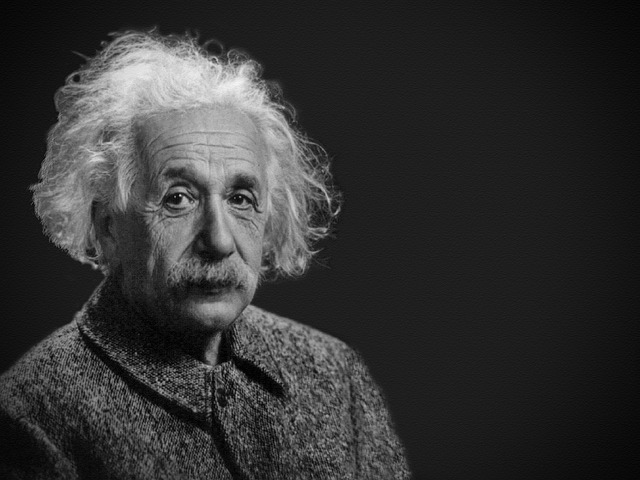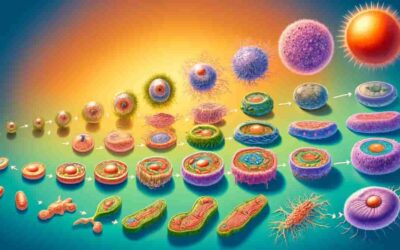The field of science has been enriched by numerous brilliant minds throughout history. Here are some of the greatest scientists who have made significant contributions to their respective fields:
Isaac Newton (1643-1727)
Considered one of the most influential scientists of all time, Newton formulated the laws of motion and the law of universal gravitation. He also made groundbreaking contributions to mathematics, optics, and the development of calculus.
Albert Einstein (1879-1955)
Einstein revolutionized our understanding of physics with his theory of relativity. His equation, E=mc², demonstrated the equivalence of energy and mass and led to the development of nuclear energy. He also received the Nobel Prize in Physics for his explanation of the photoelectric effect.
Marie Curie (1867-1934)
A pioneer in the field of radioactivity, Marie Curie became the first woman to win a Nobel Prize and the only person to win Nobel Prizes in two different sciences (Physics and Chemistry). Her discoveries, including polonium and radium, paved the way for advancements in nuclear physics and medical treatments.
Charles Darwin (1809-1882)
Darwin’s theory of evolution through natural selection revolutionized the field of biology. His book “On the Origin of Species” presented compelling evidence for the descent of all species from a common ancestor and explained the mechanisms of adaptation and speciation.
Nikola Tesla (1856-1943)
Tesla was an electrical engineer and inventor who made significant contributions to the development of alternating current (AC) power systems. His work laid the foundation for modern electricity distribution and many other inventions, including the Tesla coil and wireless communication.
Galileo Galilei (1564-1642)
Galileo made groundbreaking discoveries in astronomy, physics, and mathematics. He improved the telescope and provided evidence supporting the heliocentric model of the solar system, challenging the prevailing geocentric view. Galileo’s experiments on motion also laid the foundation for Newton’s laws.
Louis Pasteur (1822-1895)
Pasteur was a chemist and microbiologist known for his discoveries in the field of germ theory. His work on vaccination and pasteurization greatly advanced the understanding and prevention of infectious diseases. He also made significant contributions to the field of chemistry.
Rosalind Franklin (1920-1958)
Franklin was a British biophysicist who played a crucial role in the discovery of the structure of DNA. Her X-ray crystallography images of DNA were essential in the formulation of the double helix model by James Watson and Francis Crick.
Stephen Hawking (1942-2018)
Hawking was a theoretical physicist known for his contributions to our understanding of black holes, the nature of time, and the origins of the universe. Despite his battle with amyotrophic lateral sclerosis (ALS), his scientific work and popular books made complex physics concepts accessible to the general public.
Alan Turing (1912-1954)
Turing was a mathematician and computer scientist who made significant contributions to the development of computer science and artificial intelligence. His work on code-breaking during World War II was instrumental in deciphering German Enigma machine codes, helping the Allies win the war.
Image Source: Wikimedia Commons





0 Comments